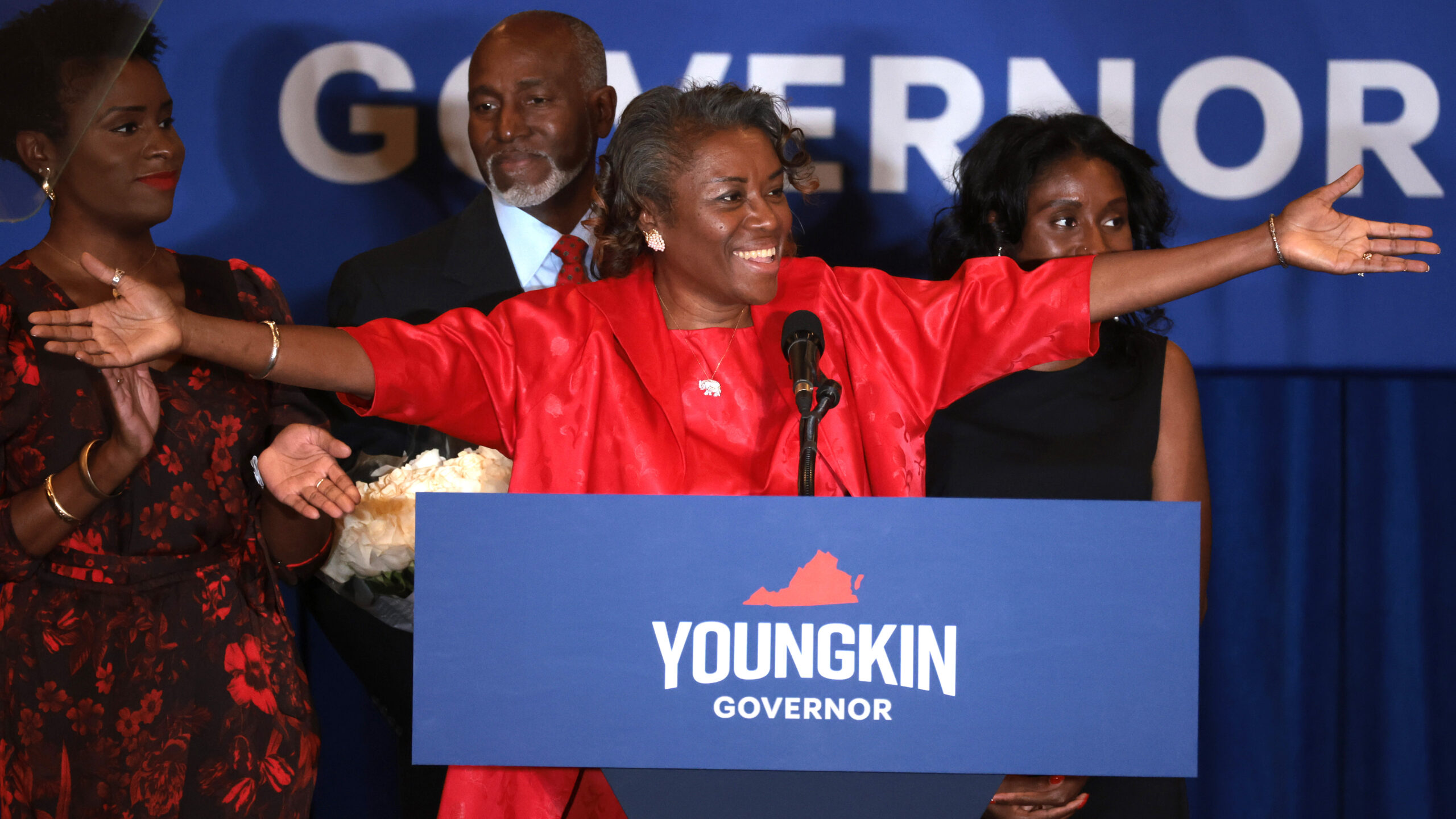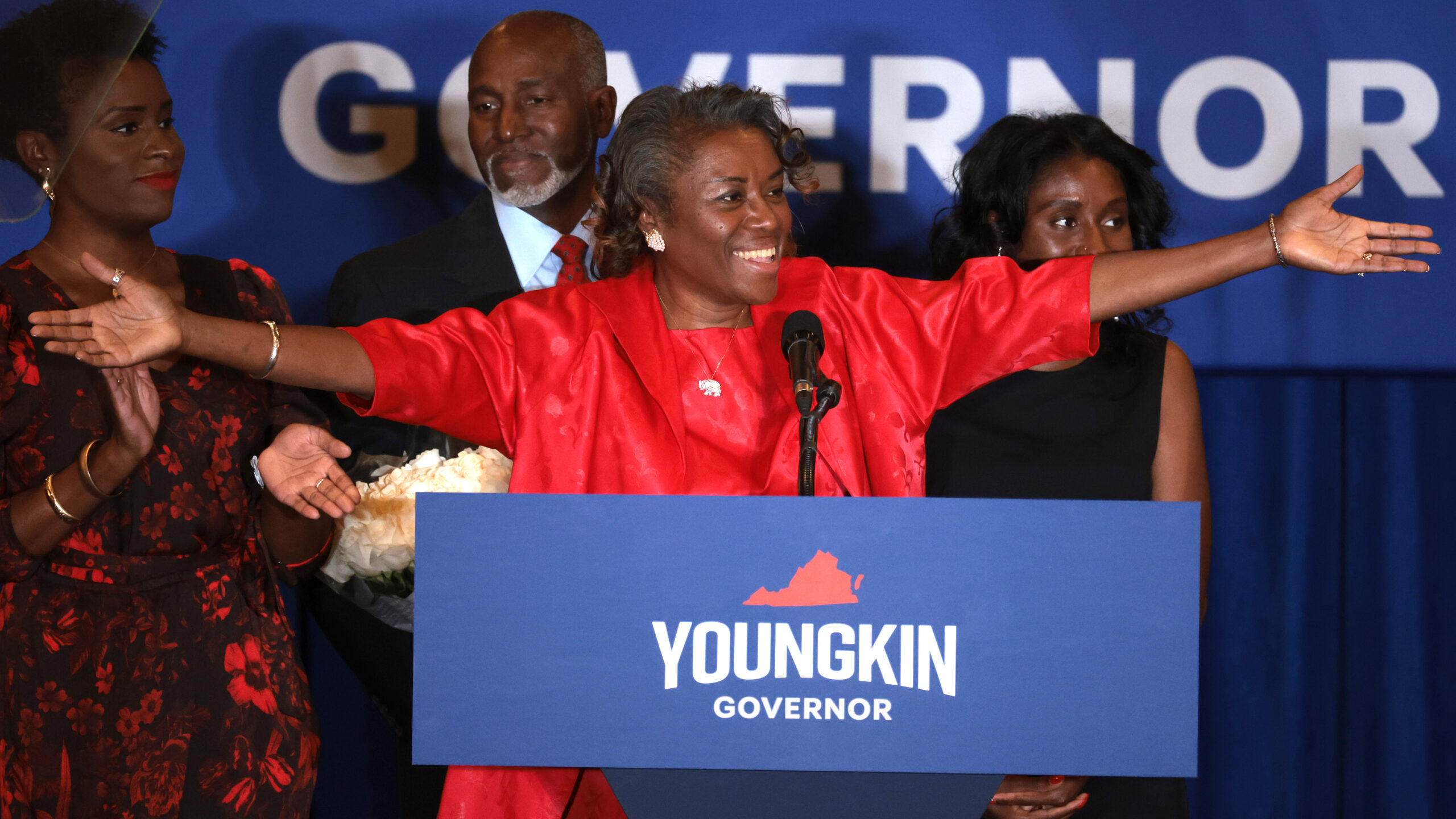Republican-Led Virginia Demolishes Its Democrat-Controlled Neighbor In Economic Comparison
Virginia and Maryland share a border, a climate, and a proximity to Washington, D.C. But only one has a Republican governor—and it’s outperforming the other on a number of important metrics.
A letter from Virginia Secretary of Finance Stephen E. Cummings comparing the commonwealth’s finances to those of its neighbor said that between January 2022 and June 2024, Virginia added 259,000 jobs, while Maryland added only 73,000, making it last in the nation.
When it comes to the number of net inbound U-Hauls — which suggests the rate of people moving to the state — Virginia ranked 10th, while Maryland ranked 44th.
Cummings’s letter, a copy of which was obtained by The Daily Wire, was addressed to a Democrat state senator who had requested the comparison.
The letter said under Republican Gov. Glenn Youngkin, Virginia has built up its cash reserves, or rainy day fund, ending fiscal year 2024 with a $1.2 billion surplus and ending 2023 with $3 billion more than forecast.
Meanwhile, a spending crisis looms on the horizon for Maryland, whose operations were unsustainable and only made possible by draining its existing rainy day fund.
“The Comptroller of Maryland issued an economic report for 2023 that sounded an alarm for their economic situation,” the letter said. “The Maryland General Assembly adopted a budget in which FY 2025 general fund spending was more than $1.4 billion below FY 2024 levels, the vast majority of this reduced spending was in capital outlay and relied on withdrawals from the state’s Rainy Day Fund to support ongoing spending,” it said.
“The Maryland Department of Legislative Services estimates that ‘ongoing spending exceeds ongoing revenues in fiscal year 2025 by $485 million. The structural deficit increases to $1.7 billion in fiscal year 2026 and reaches over $3 billion by fiscal year 2028,” it said.

Chip Somodevilla/Getty Images
Bond rating service Moody’s downgraded Maryland to a “negative outlook” in May, writing that “The negative outlook incorporates difficulties Maryland will face to achieve balanced financial operations in coming years without sacrificing service delivery goals or adding to the weight of the state government’s burden on individual and corporate taxpayers.”
“There are clear winners and losers in the US economy over the past decade and, in particular, after the pandemic,” Cummings wrote. “Lower cost, business friendly states have captured the vast majority of domestic migration at the expense of higher cost, less attractive business environments leading to growth in population, economies and state revenues available to fund programs while further reducing tax burdens on individuals and companies.”
The comparison suggests that even when it comes to enjoying government services, big-spending Democrat states might be worse off in the long-run, with out-of-control costs eventually coming due. Maryland was forced to cut $1.3 billion from its transportation funding due to its budget crisis, the letter said.
Virginia is a typically Democrat-leaning state that elected Youngkin in 2021. The former business executive is limited to a single term under the state’s constitution, but his lieutenant governor, Winsome Sears, announced her campaign for governor this month.
Related: Blue Vs. Red: Income Inequality Far Worse In Dem-Run States, New Census Data Shows


